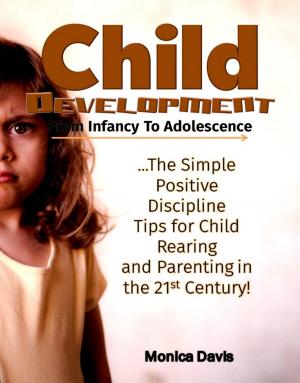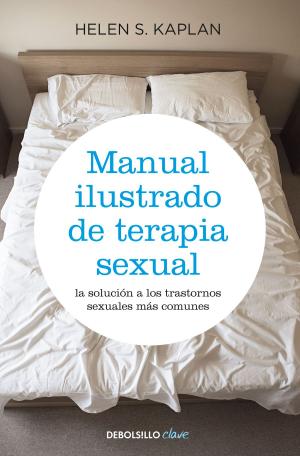Andrewtism: A Personal Transformation While Parenting an Autistic Child
Nonfiction, Family & Relationships| Author: | Ken Smyth | ISBN: | 9781310882975 |
| Publisher: | Ken Smyth | Publication: | January 23, 2014 |
| Imprint: | Smashwords Edition | Language: | English |
| Author: | Ken Smyth |
| ISBN: | 9781310882975 |
| Publisher: | Ken Smyth |
| Publication: | January 23, 2014 |
| Imprint: | Smashwords Edition |
| Language: | English |
Andrewtism is the term coined by the father of an autistic son. This story chronicles a father’s experience in parenting an autistic son. Ken Smyth began as a parent that was ignorant and ill-equipped to handle the challenges of parenting an autistic child. After years of struggle, Ken started on a journey of personal transformation that provided him the tools to better deal with the emotional challenges in parenting his son. The poignant lessons gained over the 16 year journey are told primarily through vignettes. There are moments of humor, moments of confusion, and ultimately moments of clarity, reflection, and brutal honesty.
Andrewtism is a success story, but not success through conquest. While some of the lessons in ken’s story relate directly to autism, most of the lessons relate to emotional growth, empowerment, and acceptance. Ken found that the largest single limitation in his son’s progress was his own frailties as a parent. By addressing his own mental and emotional weaknesses through personal improvement, Ken became a much more effective parent to his son.
Andrewtism is a story that offers a front row seat on the rollercoaster ride that comes with parenting an autistic child when you feel completely unqualified to do so. The only way off the rollercoaster was a difficult journey of transformation that led to emotional stability. Andrewtism establishes the premise that autism is a personal journey that is unique to each child afflicted and to each parent affected. It also puts forth the premise that being a martyr sucks. By losing the mindset of a martyr and adopting the mindset of personal growth, Ken’s journey through autistic life became far easier for him and for his son.
This book hopes to teach many lessons, most notably that parents should focus on their own frailties as much as they focus on their children’s weaknesses. The basic message is simple; a healthy, confident parent is the single most important asset to an autistic child.
Andrewtism is the term coined by the father of an autistic son. This story chronicles a father’s experience in parenting an autistic son. Ken Smyth began as a parent that was ignorant and ill-equipped to handle the challenges of parenting an autistic child. After years of struggle, Ken started on a journey of personal transformation that provided him the tools to better deal with the emotional challenges in parenting his son. The poignant lessons gained over the 16 year journey are told primarily through vignettes. There are moments of humor, moments of confusion, and ultimately moments of clarity, reflection, and brutal honesty.
Andrewtism is a success story, but not success through conquest. While some of the lessons in ken’s story relate directly to autism, most of the lessons relate to emotional growth, empowerment, and acceptance. Ken found that the largest single limitation in his son’s progress was his own frailties as a parent. By addressing his own mental and emotional weaknesses through personal improvement, Ken became a much more effective parent to his son.
Andrewtism is a story that offers a front row seat on the rollercoaster ride that comes with parenting an autistic child when you feel completely unqualified to do so. The only way off the rollercoaster was a difficult journey of transformation that led to emotional stability. Andrewtism establishes the premise that autism is a personal journey that is unique to each child afflicted and to each parent affected. It also puts forth the premise that being a martyr sucks. By losing the mindset of a martyr and adopting the mindset of personal growth, Ken’s journey through autistic life became far easier for him and for his son.
This book hopes to teach many lessons, most notably that parents should focus on their own frailties as much as they focus on their children’s weaknesses. The basic message is simple; a healthy, confident parent is the single most important asset to an autistic child.















